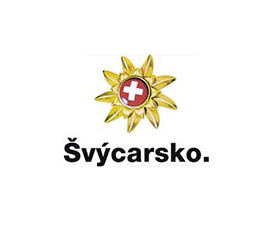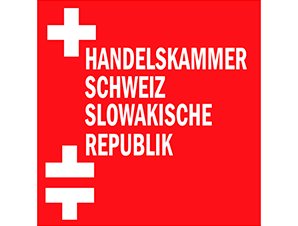The Czech economy will be marked by continued slowdown in 2020, with GDP growing by 2.0%. Despite the slowdown in growth, the unemployment rate should remain at a very low level, at around two percent. The average wage will rise by the lowest percentage in three years, 5.7%. Inflation is expected to be 2.5-3.0% during 2020. These are some of the conclusions of the 2020 analysis of the economic outlook compiled by Deloitte's economic team.
"Escalating tensions in international trade, an unresolved Brexit and a decline in demand for cars are the main reasons for the slowing growth of the global economy in 2019. Political factors will also play an important role in 2020. An important milestone will be November's US presidential election. Its outcome can determine how the situation in international trade will continue to develop," says David Marek, Chief Economist at Deloitte.
The growth rate of the global economy could increase to 3.6%. US GDP will slow growth to 2.1%, China should top off at 6.1%, and the Eurozone countries will grow slightly above one percent. For the Czech GDP, Deloitte economists expect growth to slow to 2.0%. The slowdown may reduce demand for work by companies. However, that will likely only reduce the high overhanging of demand for work over supply.
"Companies will be more cautious about wage negotiations this year. The slowdown in the economy, increased uncertainty abroad and the decline in margins limit the scope for further rapid wage growth. We expect the average wage to increase by 5.7%, which is the least in the last three years," says David Marek.
Inflation will be between 2.5% and 3.0% in 2020. It will be affected by an increase in the rate of excise duties on cigarettes and alcohol and a reduction in VAT for selected products and services, in the context of the launch of the third and fourth wave of EET. The central bank, considering the uncertainty of economic developments abroad, will choose a waiting strategy. Therefore, interest rates are unlikely to change in 2020.
The fiscal area will reflect the measures taken in 2019. For example, increased parental allowance and a re-increase in pensions beyond the mandatory evaluation on the expenditure side and an increase in flat rates for entrepreneurs on the income-side. The government sector surplus will fall again to 0.7% of GDP. Government debt is expected to reach 29.9% of GDP by the end of 2020, according to Deloitte economists.
Deloitte's 2020 analysis also noted that unless there is another escalation of customs and non-tariff costs between the US and China by the time of the presidential election, there is a chance that the situation in the global economy may start to improve again.
You can find a complete Outlook for the Czech economy for 2020 and comparison with the global economy here.






















